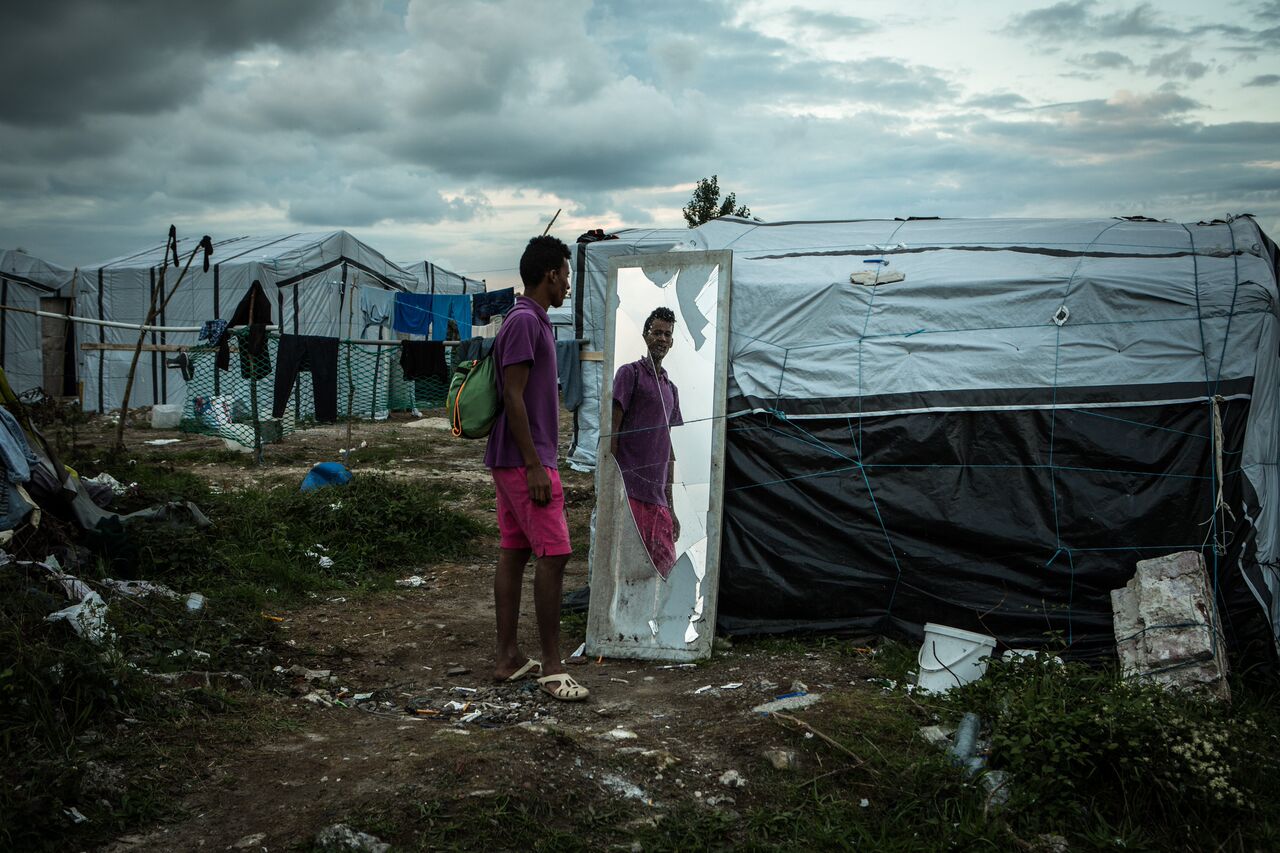Immigration tribunal rejects Home Office attempt to delay refugee children seeking to be reunited with UK family

Photograph by CalAid director, James Fisher (www.facebook.com/JoinCalAid)
The immigration tribunal has rejected an attempt by the Home Office to stall legal proceedings on behalf of two refugee children seeking to be reunited with their family in the UK.
The Home Office had applied for the two cases, and five other related cases, to be deferred until after a legal challenge to the government’s policy on transfers of unaccompanied minors from France to the UK to reunite families Citizens UK is arguing that the government has failed systematically to reunite unaccompanied minors in Calais with their family in the UK.
Under the Dublin Regulations (Dublin III) there is a procedure allowing for family reunions for asylum seekers. According to article eight, if an unaccompanied minor seeking asylum enters the EU and has a family member (such as siblings, aunts, uncles or grandparents) in another member state, the member state hosting the family member must take responsibility for the child if it is in their best interests.
As a result of Dublin III between January and early October 2016, 140 children were transferred to the UK from different EU member states.
The ‘accelerated process’ is a one-off process in response introduced as a result of the Calais camp clearance in December, which saw 550 children brought to the UK out of the total 750 children transferred in 2016. It was, in the words of Home Office Minister Baroness Williams, ‘based on the family reunion criteria of the Dublin Regulations… but operated outside of it’.
The proceedings before the court yesterday related to two teenage boys currently in France, whose requests to join family members were assessed and then rejected by the Home Office in the accelerated process. According to Citizens UK, the boys have been waiting for months in reception centres in France with no explanation as to why their requests for family reunification had been rejected or any information regarding the procedure for a review of those decisions.
One of the boys, who is seeking to be reunited with his brother in the UK, was informed that his right to do so was now accepted by the Home Office but that he now needs to register an asylum claim in France and initiate Dublin III procedures before being permitted to come to the UK. His brother is now concerned that he is so disillusioned with the entire process that he may not want to pursue his legal right to asylum in the UK any further.
The other boy, a vulnerable 16-year-old orphan, has been seeking to reunited with his uncle in the UK since his arrival in France and deemed a suicide risk by doctors as a due to his past experiences and the delay in reuniting with his uncle.
In his judgment the President of the Upper Tribunal (Immigration and Asylum Chamber) Judge McCloskey ruled that ‘while it will be undoubtedly more convenient and probably less expensive and more comfortable for the Secretary of State and the circle of protagonists involved…not to have to defend the cases for some considerable time, the individual rights of these claimants to expedited justice is the decisive factor which clearly outweighs all of the other considerations’. He ordered the hearings be expedited.
According to Citizens UK, the teenagers are expected to be brought to the UK, although there is still a concern that this could take a couple of weeks.
‘The Home Office tried to delay refugee children from accessing a legal challenge to the rejection of their claims for family reunion,’ explained Mark Scott, one boy’s solicitor from the firm Bhatt Murphy. ‘The Upper Tribunal rejected this and accepted that the vulnerability of the applicants meant that there was a requirement for prompt judicial scrutiny.’
Rabbi Janet Darley, from Citizens UK’s Safe Passage project, said that children ‘should not be forced to wait for months to access their legal right to family reunion. We hope that the government puts more effort into establishing a functioning family reunion system, rather than preventing children from accessing their legal rights.’






